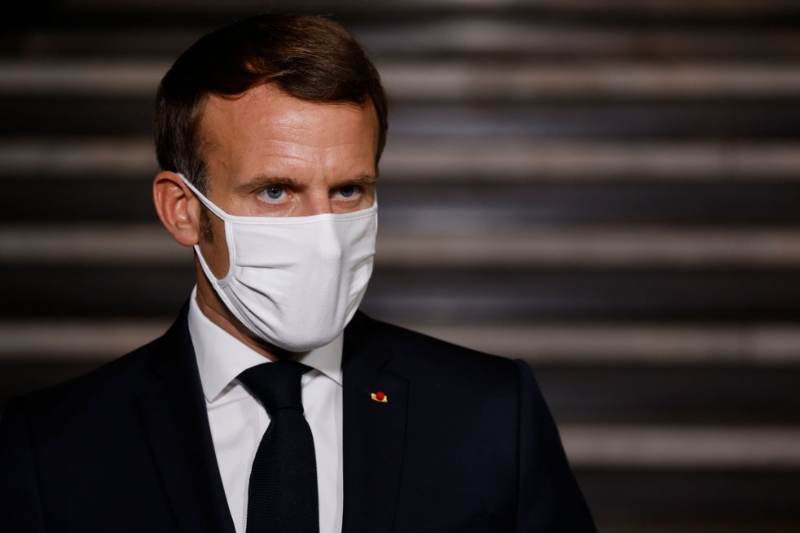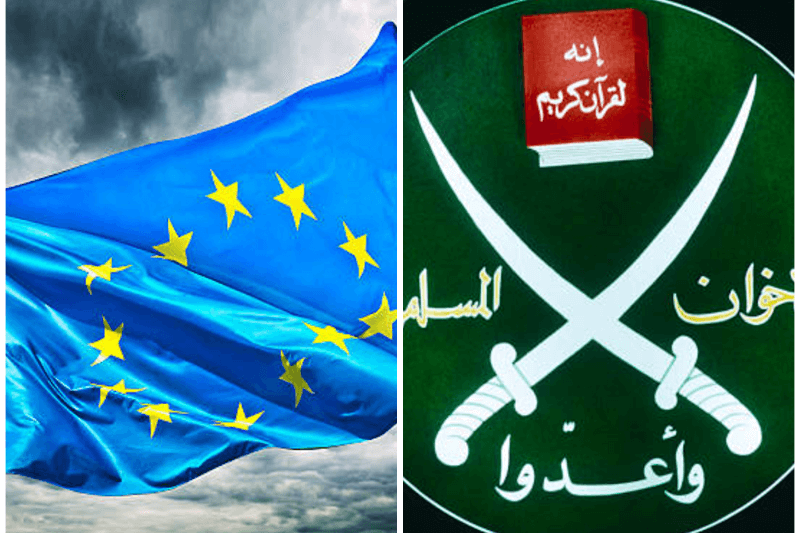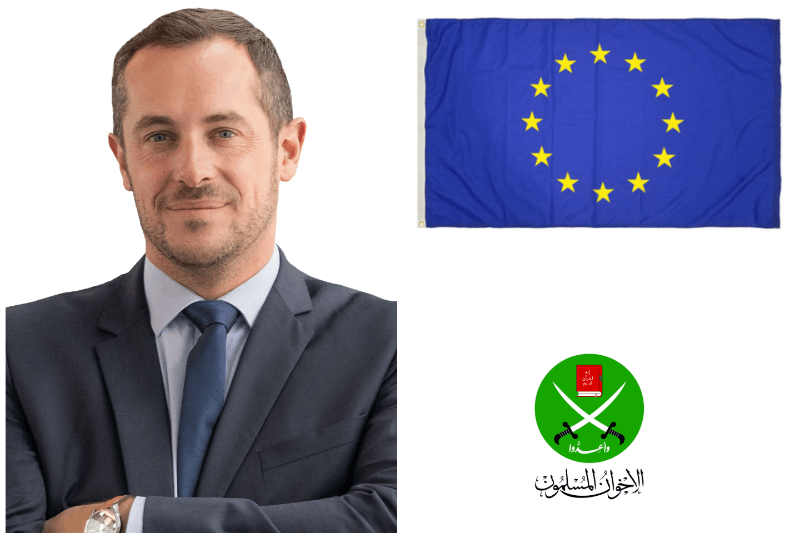
Macron to form a council of Imams
Macron to form a council of Imams: Europe continues to seek solutions to radical Islam sponsored by the Muslim Brotherhood in the wake of the recent attacks that have bloodied Paris, Manchester, and Vienna. The biggest problems occurred in France, where the government has chosen a hard line against political Islam, ordering the closure of some mosques and Islamic centers considered to be at high risk. Turkey and Qatar were financing most of them.
In these places were taught ideas not in line with the secular principles of the Republic. To find a solution to the crisis, French President Emmanuel Macron received, on Wednesday evening, officials of the Islamic religion in France. Who presented, at his request, guidelines for the formation of a national council of imams in charge of issuing or withdraw credits when necessary to religious Muslims in France.
The French presidency said Macron also asked his interlocutors to draw up, within 15 days, a “republican charter of values” to which the French Council of Islamic faith and the nine federations that make it up must abide. The Elysée stressed that Macron gave Parliament officials two weeks to prepare this Charter, confirming information published in the newspapers “Le Figaro” and “Le Parisien.”
The French president asked his interlocutors to include in the treaty the recognition of the values of the Republic, specifying that Islam in France is a religion and not a political movement, putting an end to interference or affiliations with foreign countries. The head of the French Council of Islamic Religion, Mohamed Moussaoui, the dean of the Paris mosque, Shams El-Din Hafez, as well as representatives of the nine federations of the French Council of the Muslim religion attended the meeting.
After the two attacks that killed the teacher, Samuel Patty, near Paris, and the killing of three civilians in a cathedral in Nice, Macron has increased his pressure on the leaders of the Islamic religion in France to clean it of foreign influence, from the extremism and political tendencies of the Muslim Brotherhood.
Macron expected that with the formation of the National Council of Imams, the presence of 300 foreign imams in France with scholarships allocated by Turkey, Morocco and Algeria would end within four years. In his meeting with leaders of the Islamic religion, Macron told representatives of the nine federations affiliated with the French Council of Islam that he was aware that some of them had ambiguous positions on these issues, stressing that the time had come to “get out of this confusion.”
Macron warns Islamic organizations and, according to the Elysée, among these nine unions that represent a large portion of French Muslims, there are three that do not adopt a republican view. The president therefore warned his interlocutors that “if some people do not sign this charter, we will conclude,” stressing that he has taken note of their proposals. The Council of Imams will not only be authorized to issue permits to imams and give them an official card, but it can also withdraw them if they violate the “Charter of Values of the Republic,” and the moral code reached by exponents of French Islam.
Depending on the role of each of them: a prayer imam, a mosque preacher, and a preacher, each imam will need to be familiar with a different level of French and possess academic qualifications equivalent to the university level to fill such positions on French territory. In early October, Macron denounced radical Islam and “Islamist separatism” after a knife attack near the former Charlie Hebdo office. Turkish president, Recep Tayyip Erdogan, fuelled the fire by delivering controversial remarks in defense of terrorists and Muslims offended by Charlie Hebdo caricatures, representing the prophet Mohammed.




